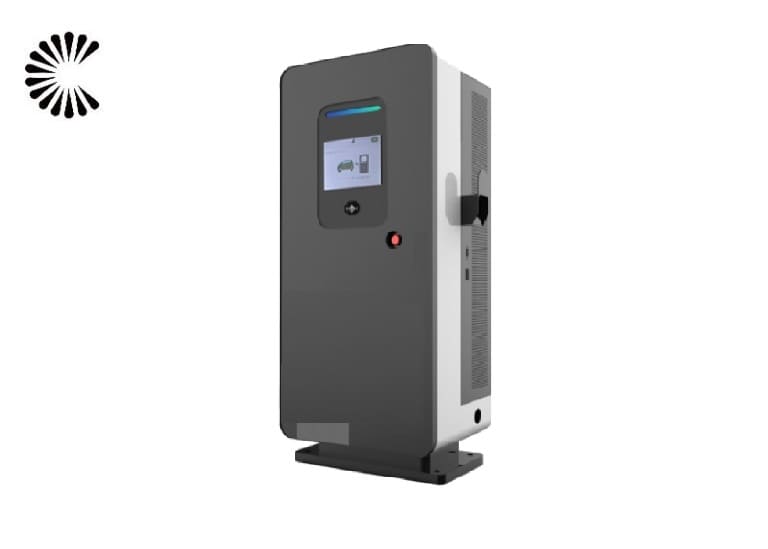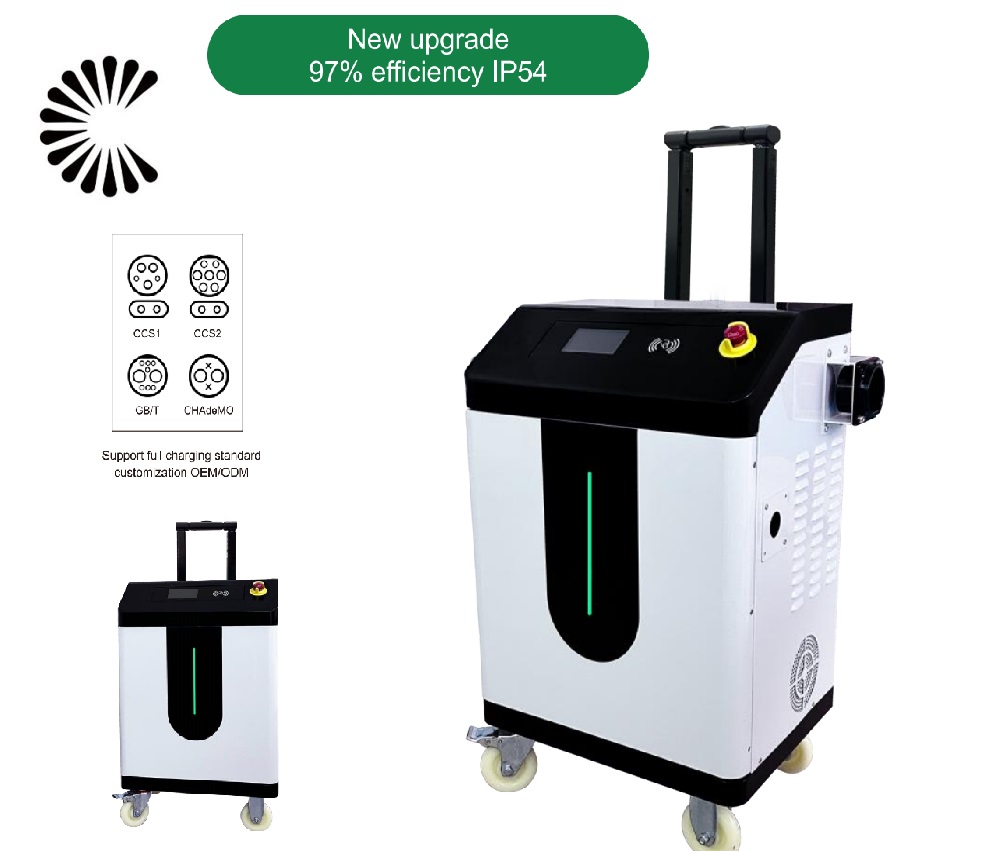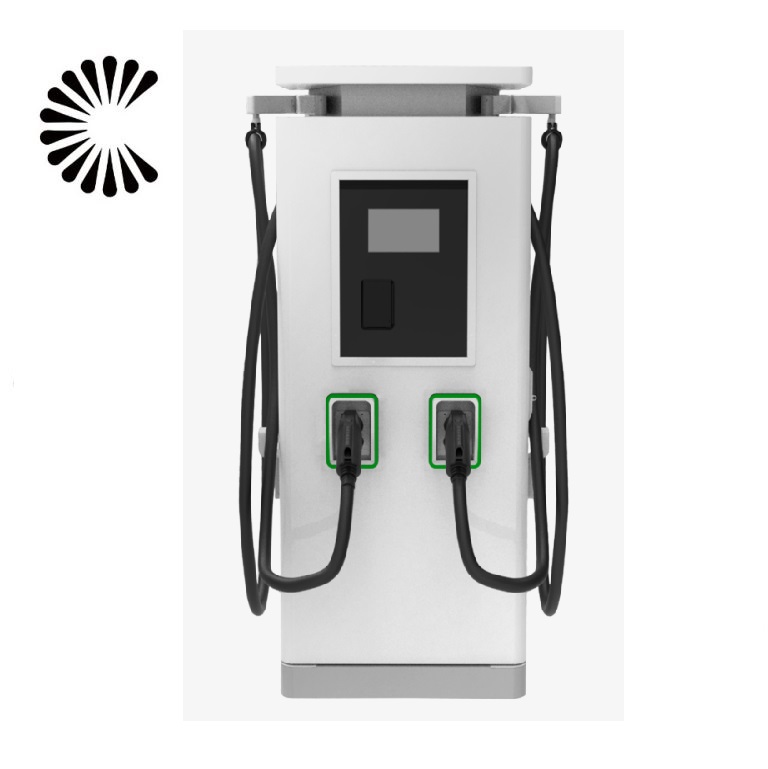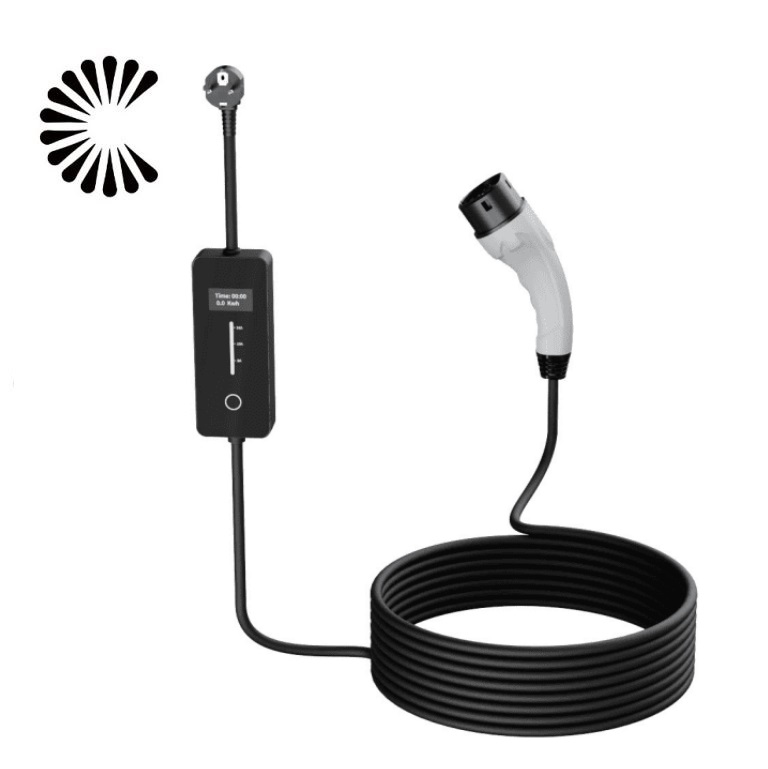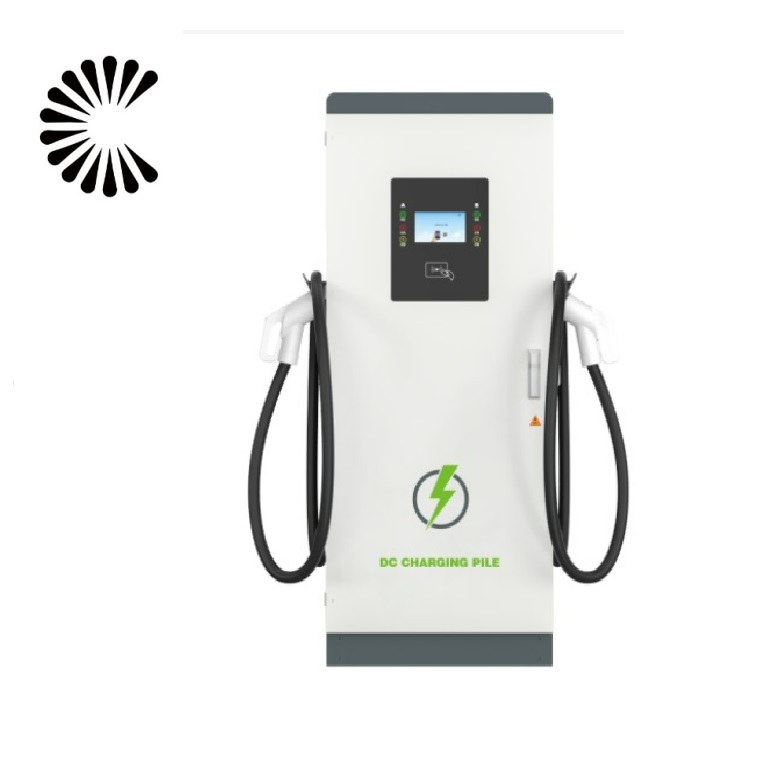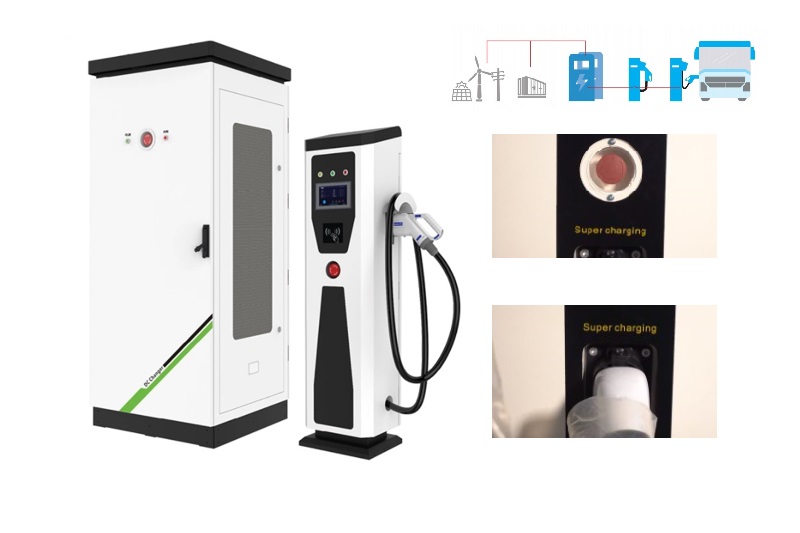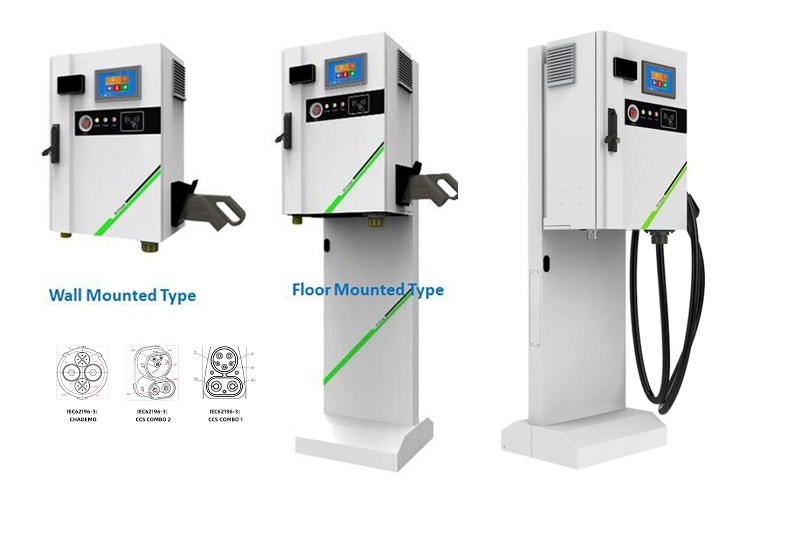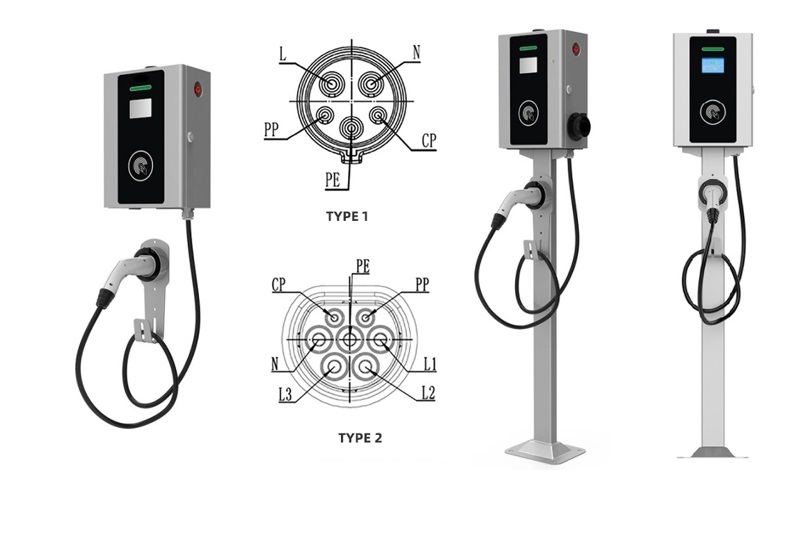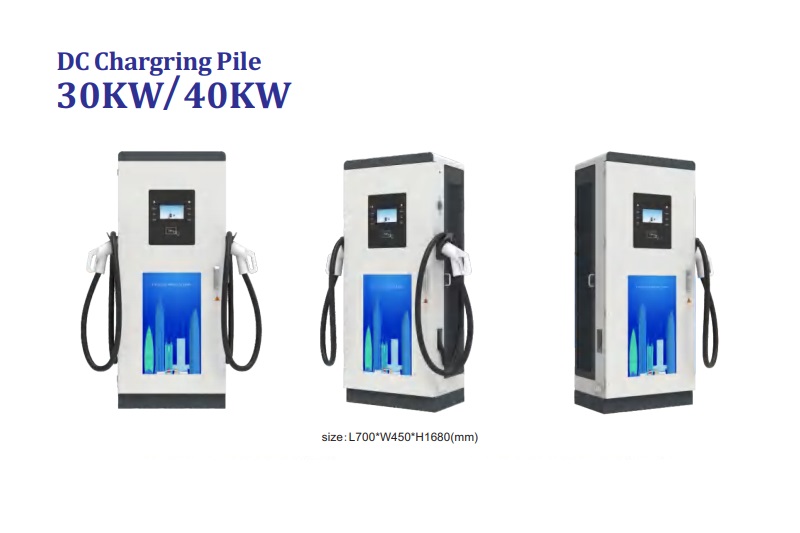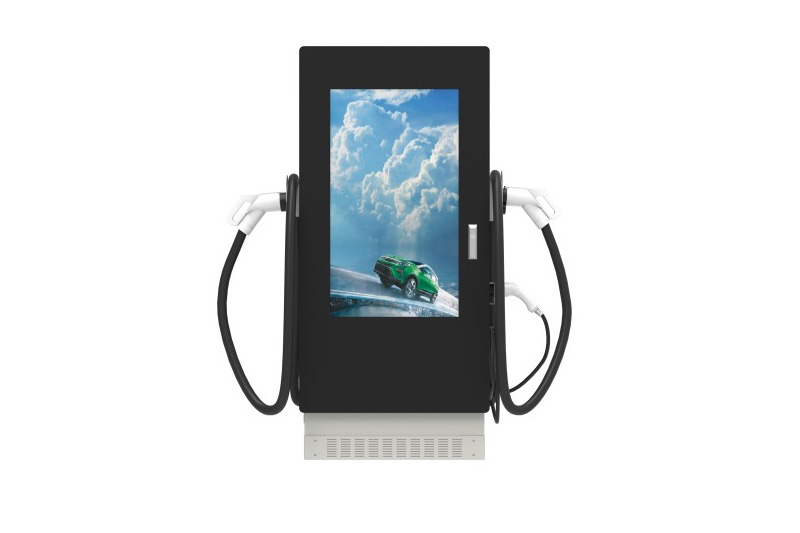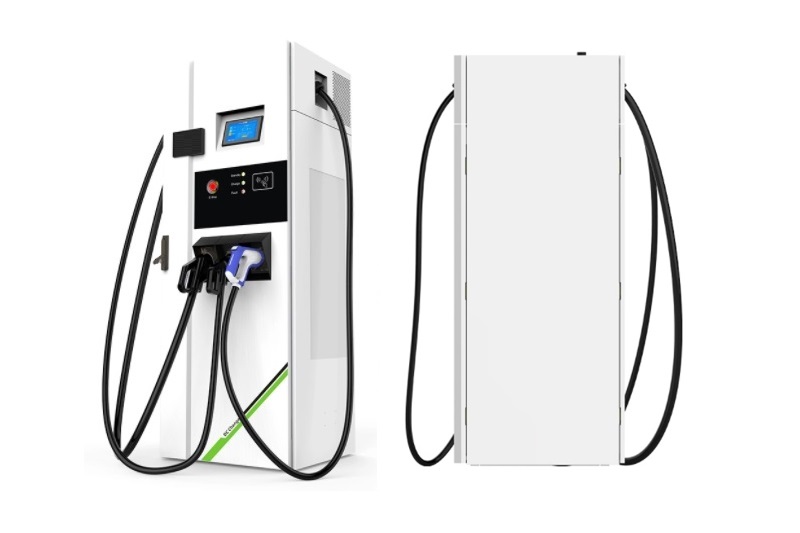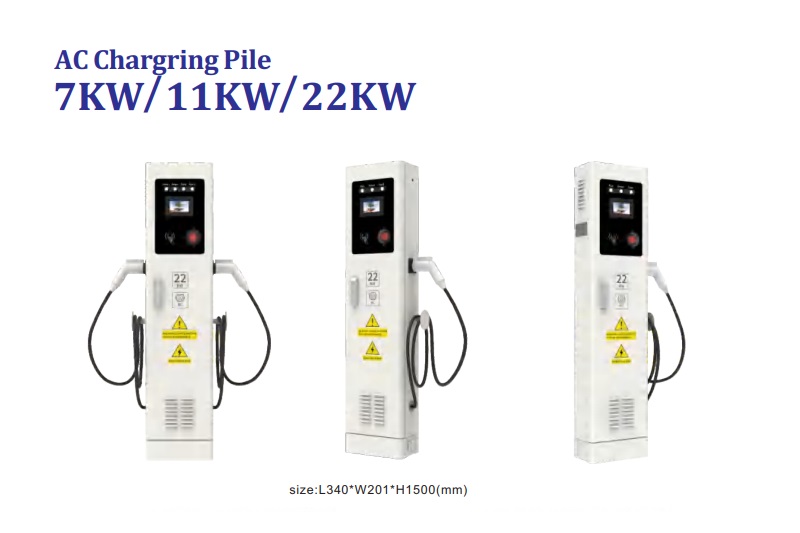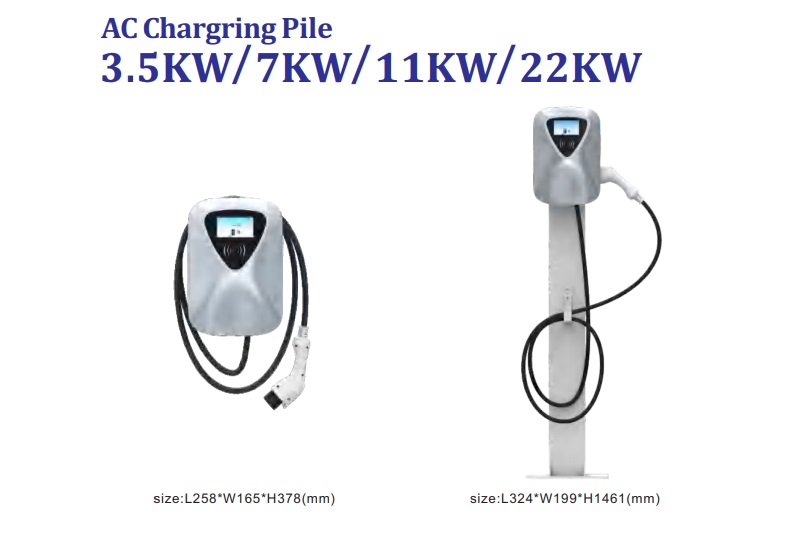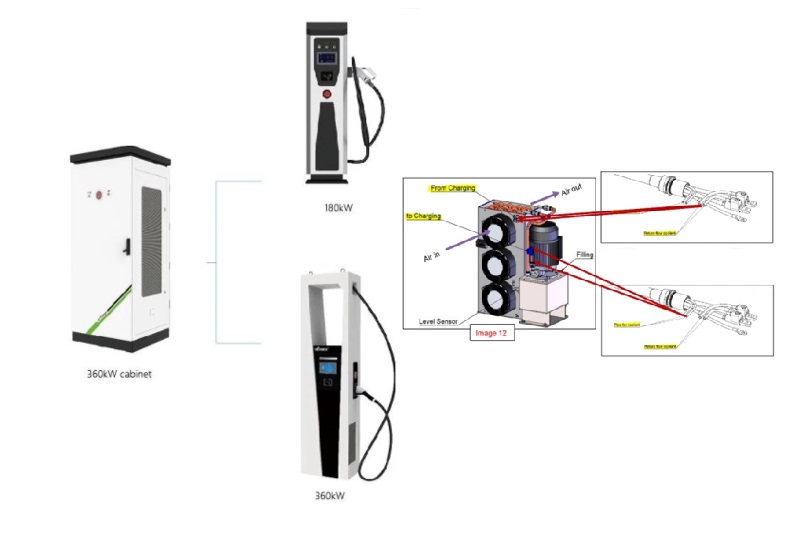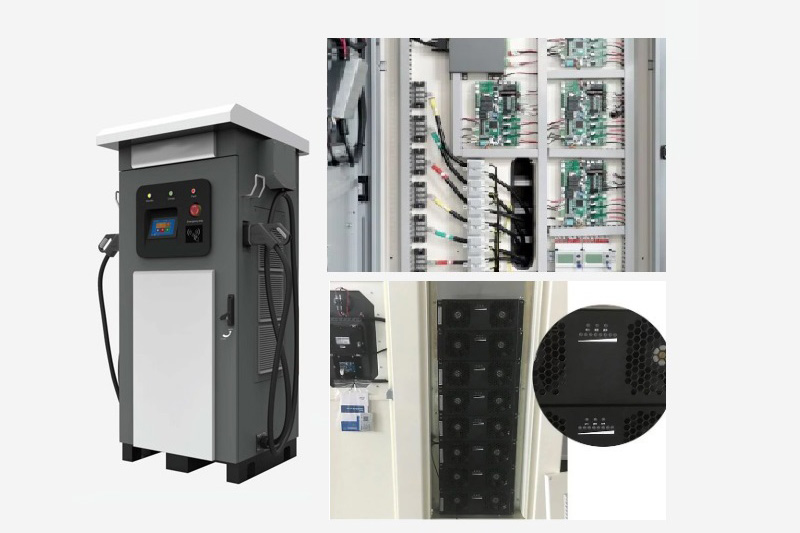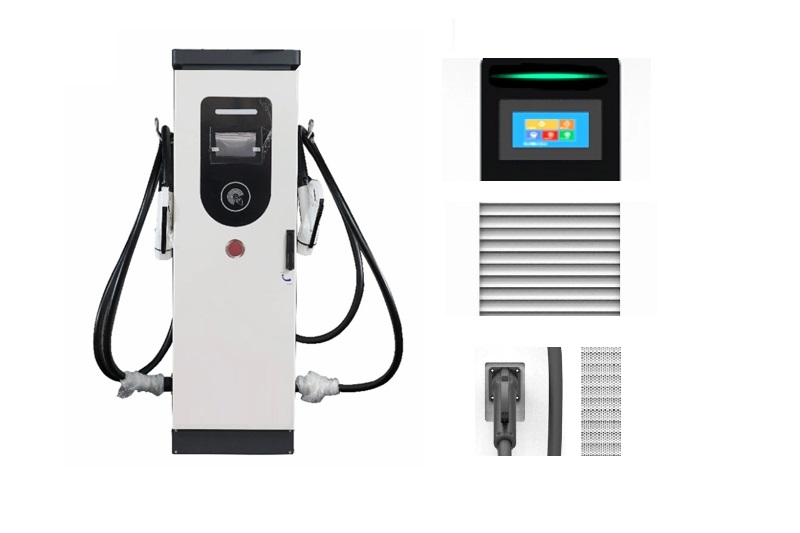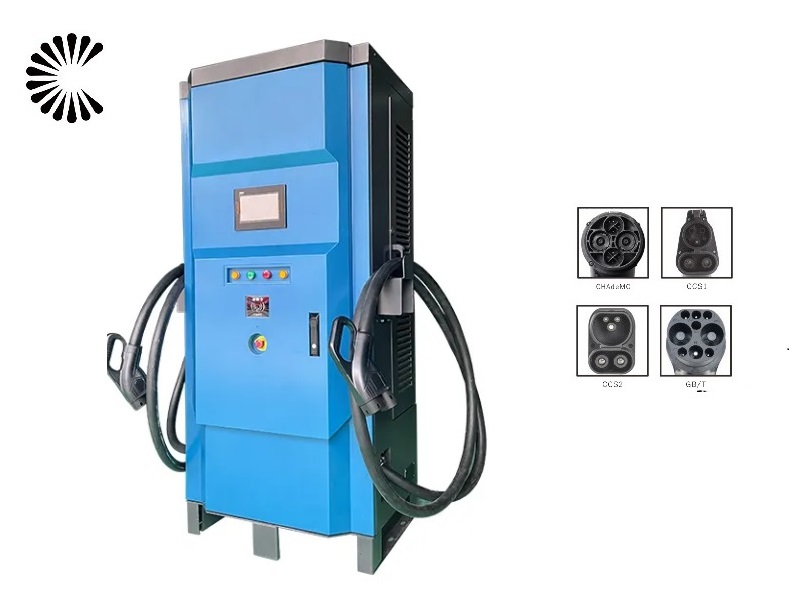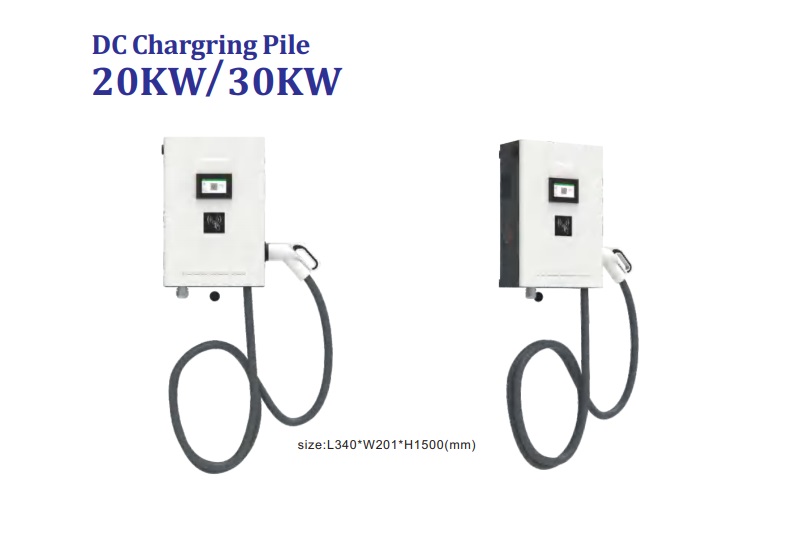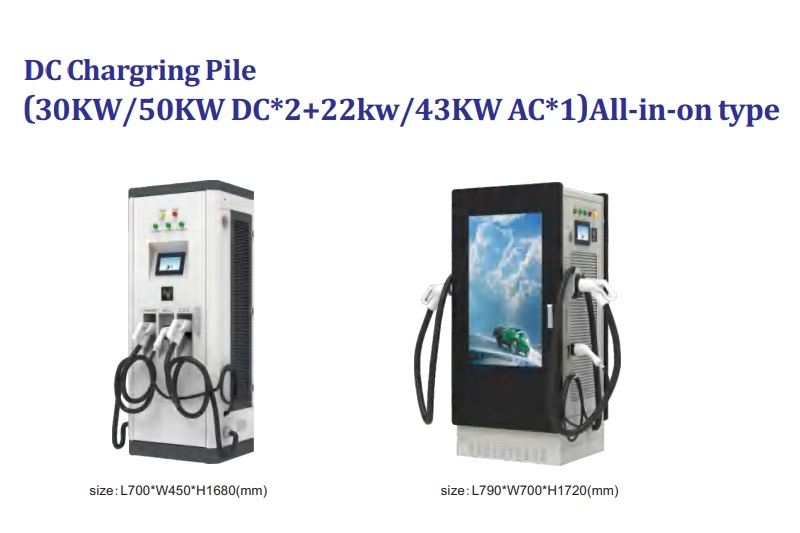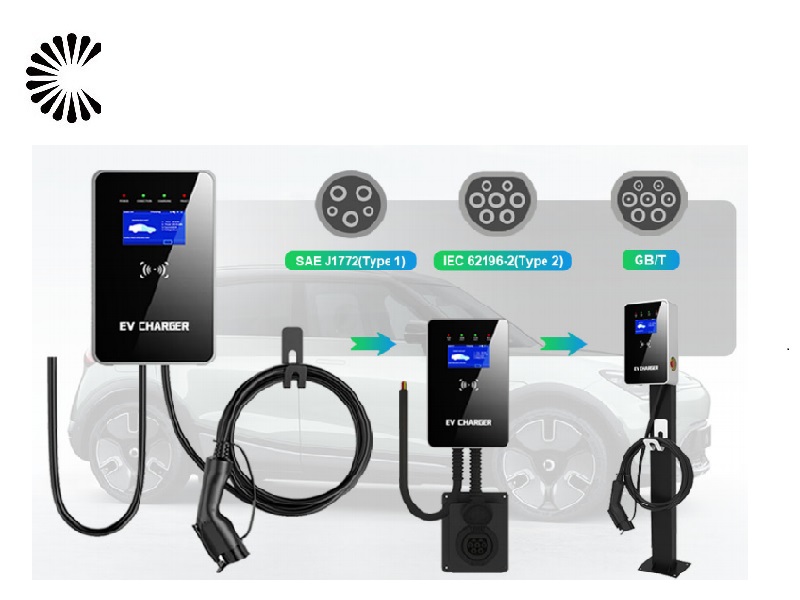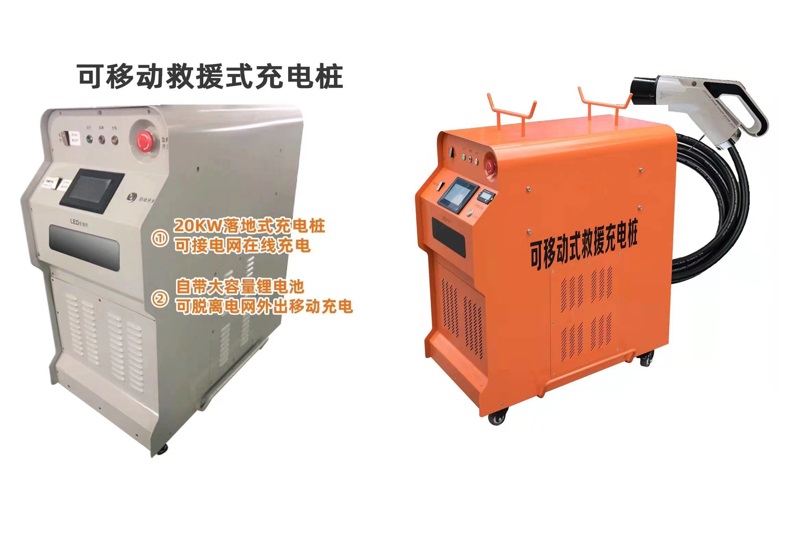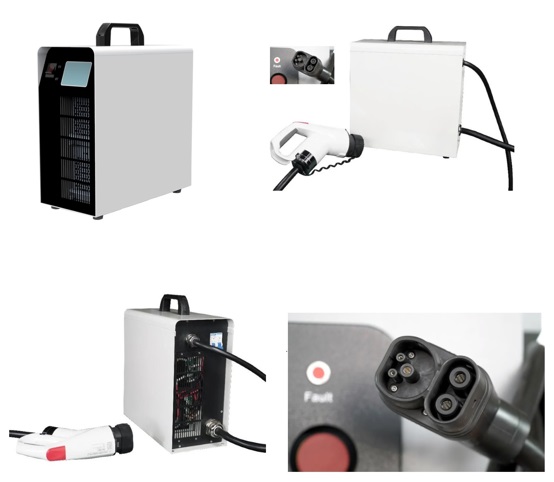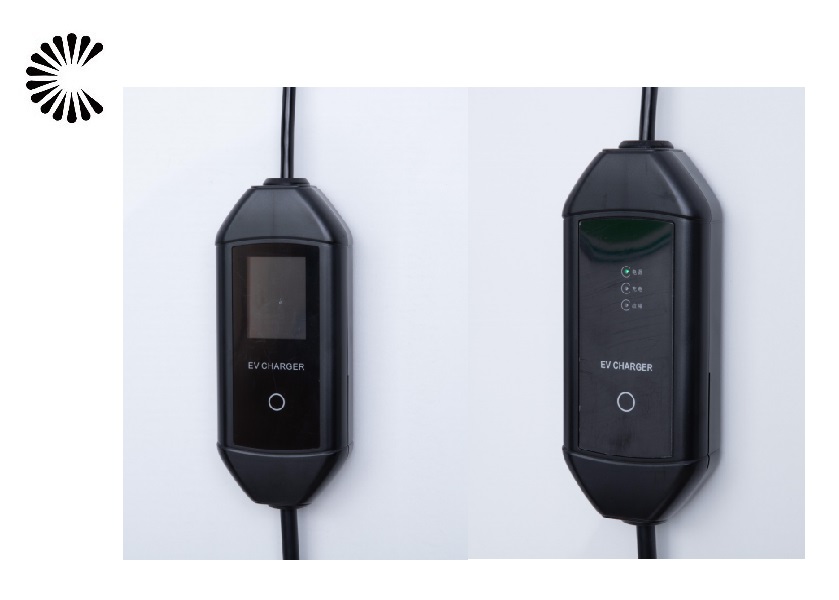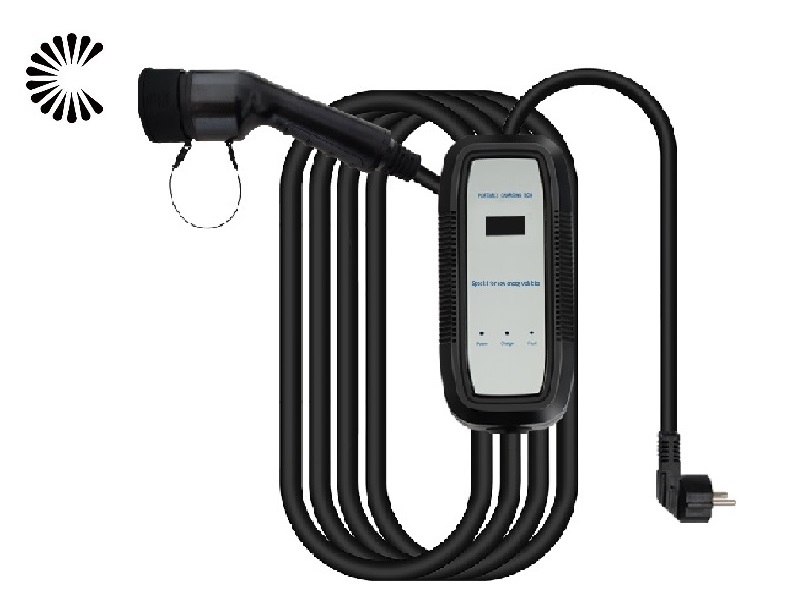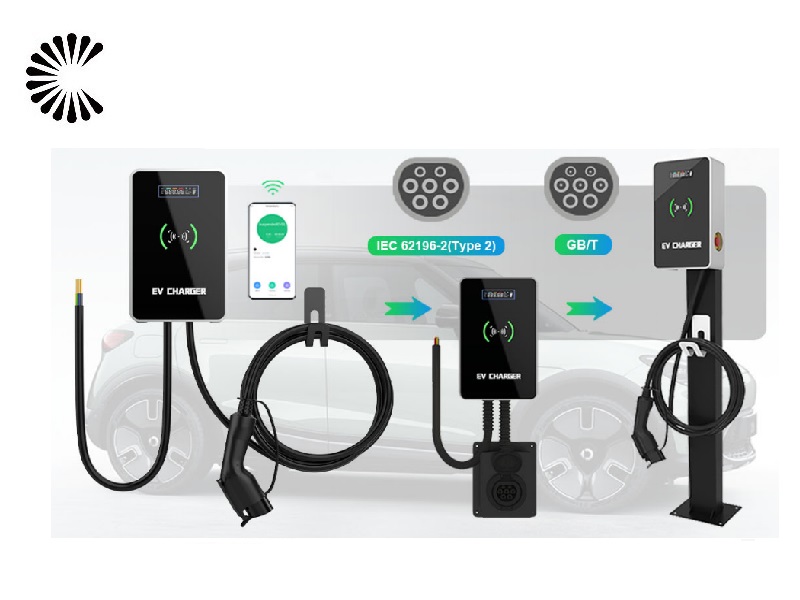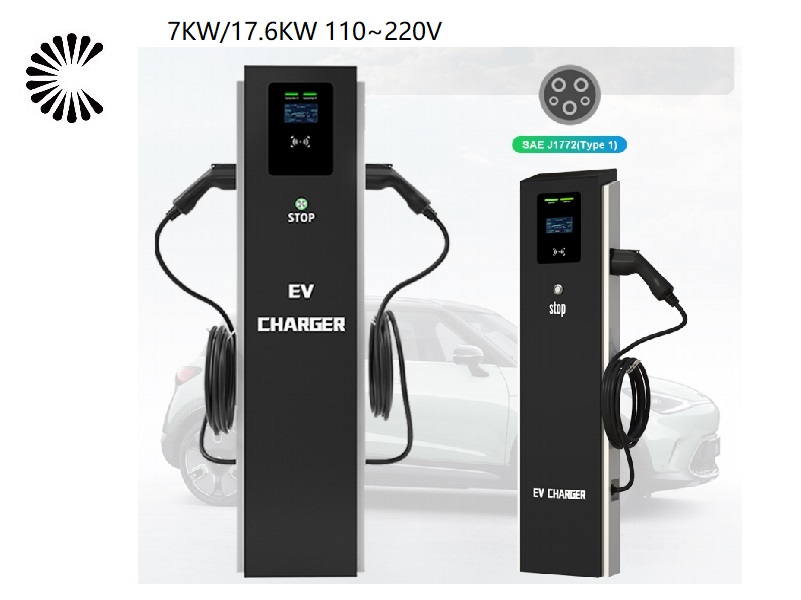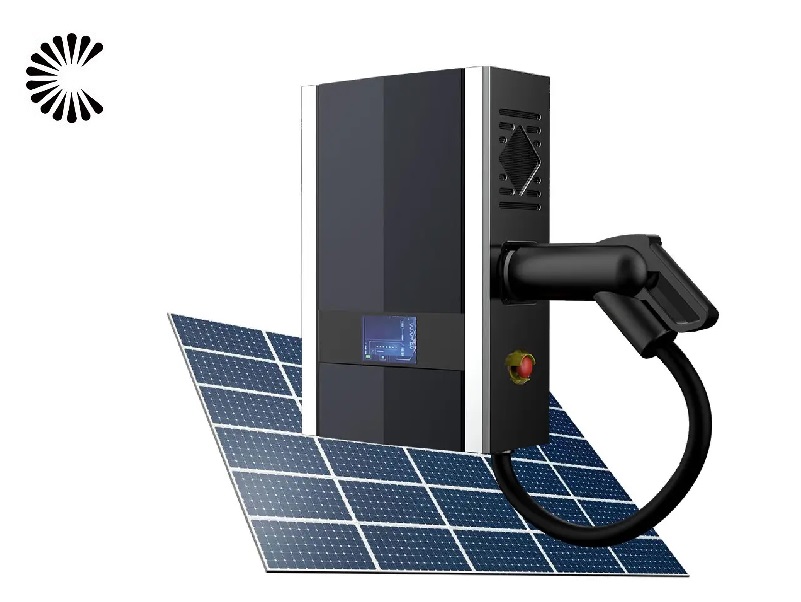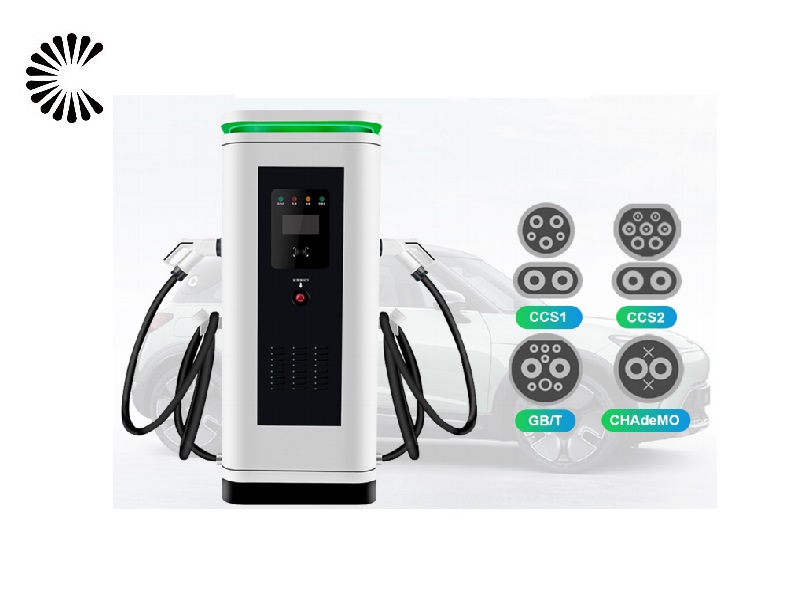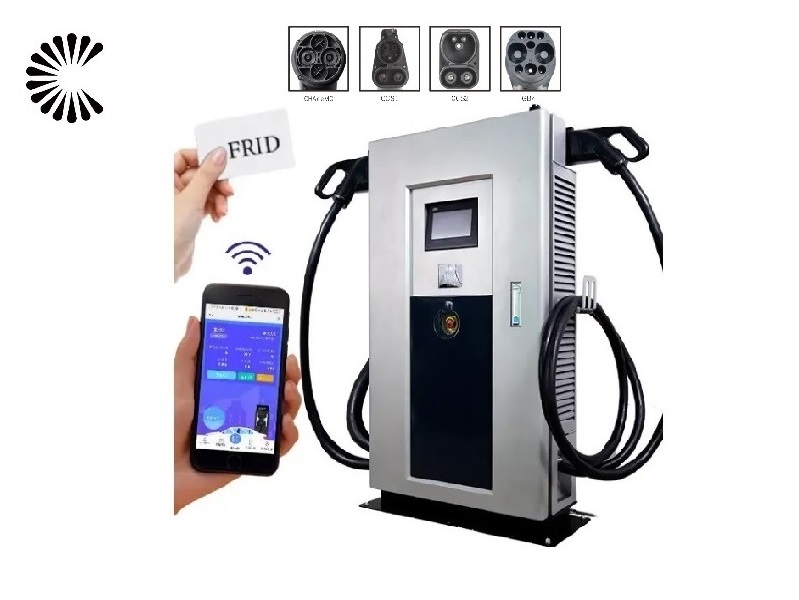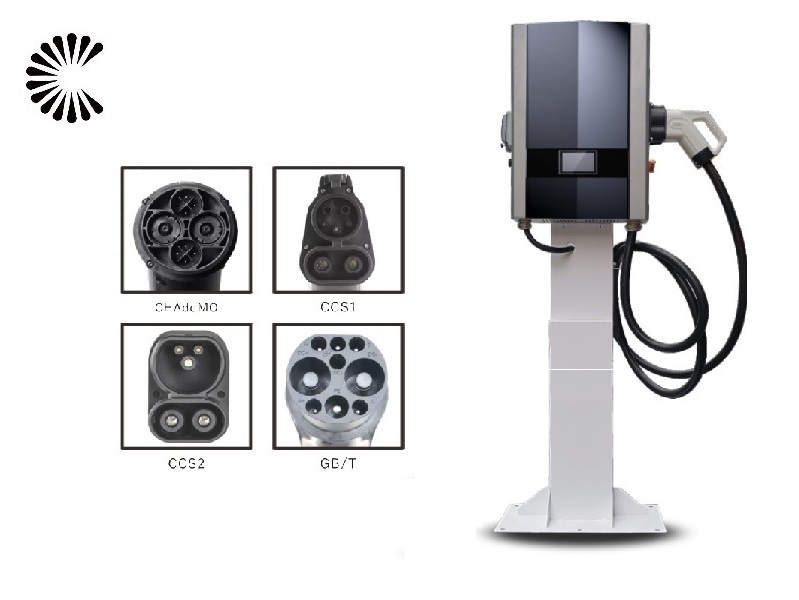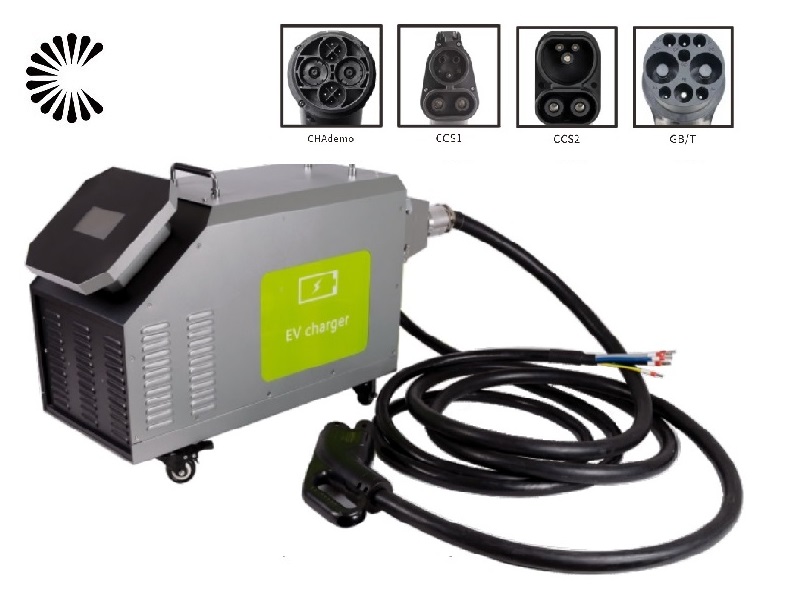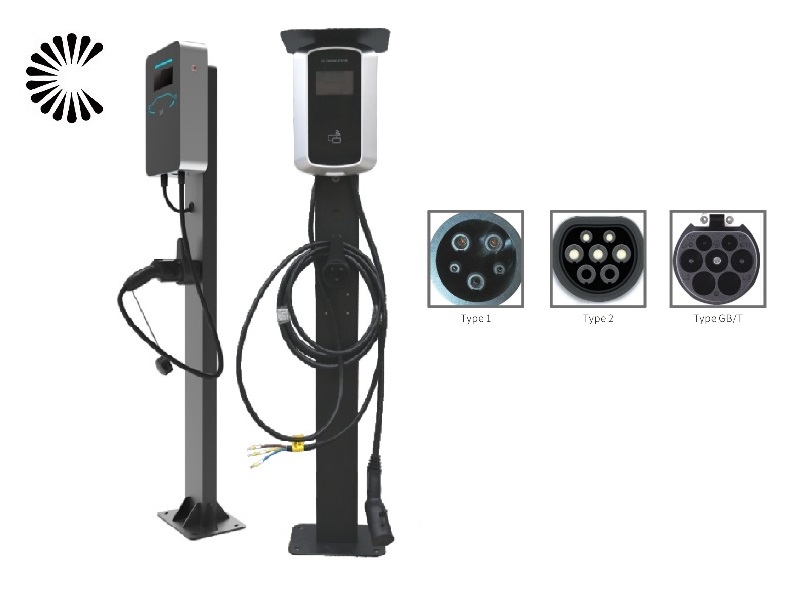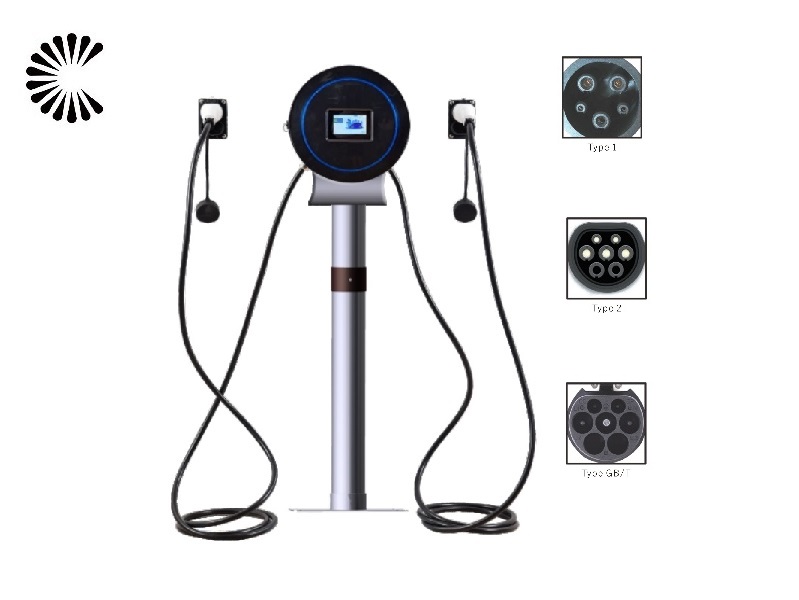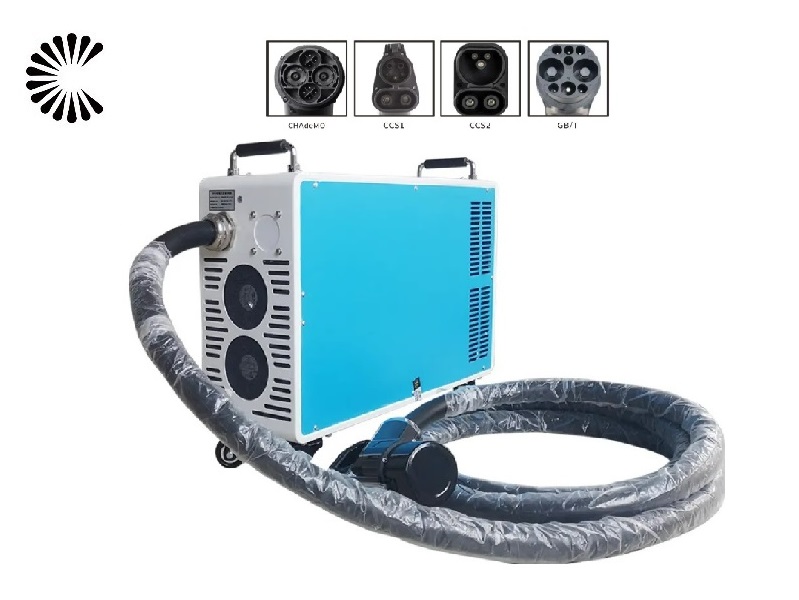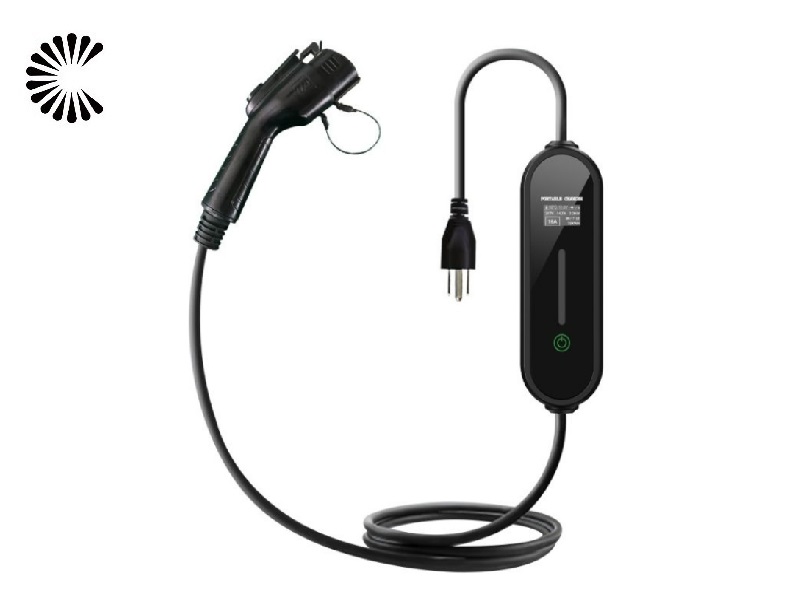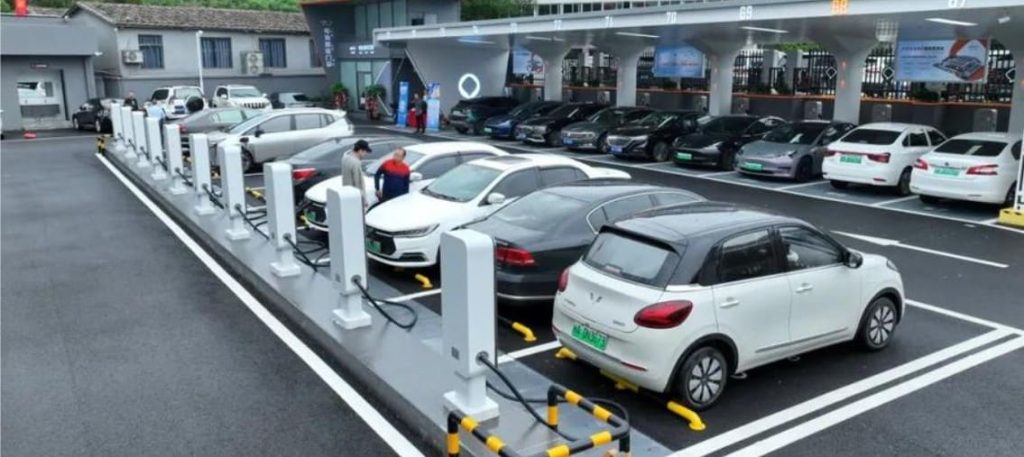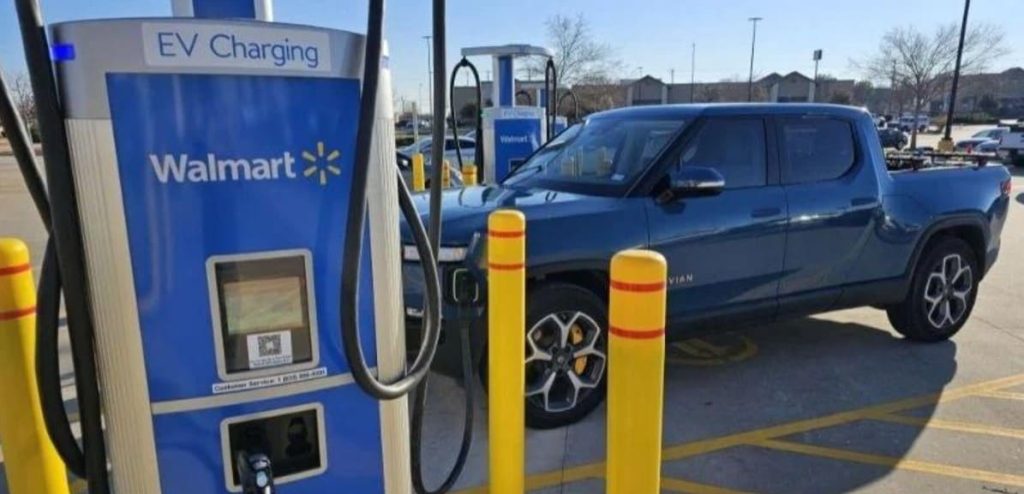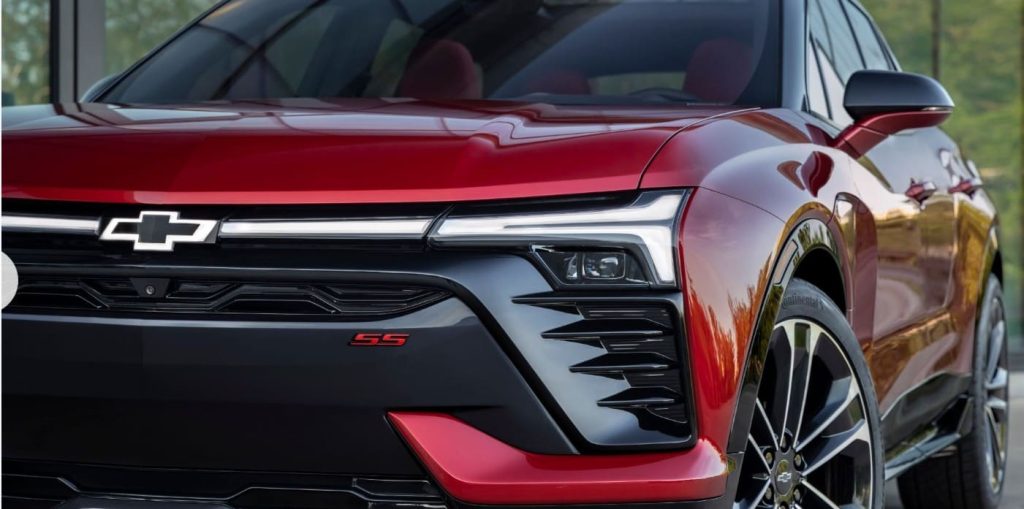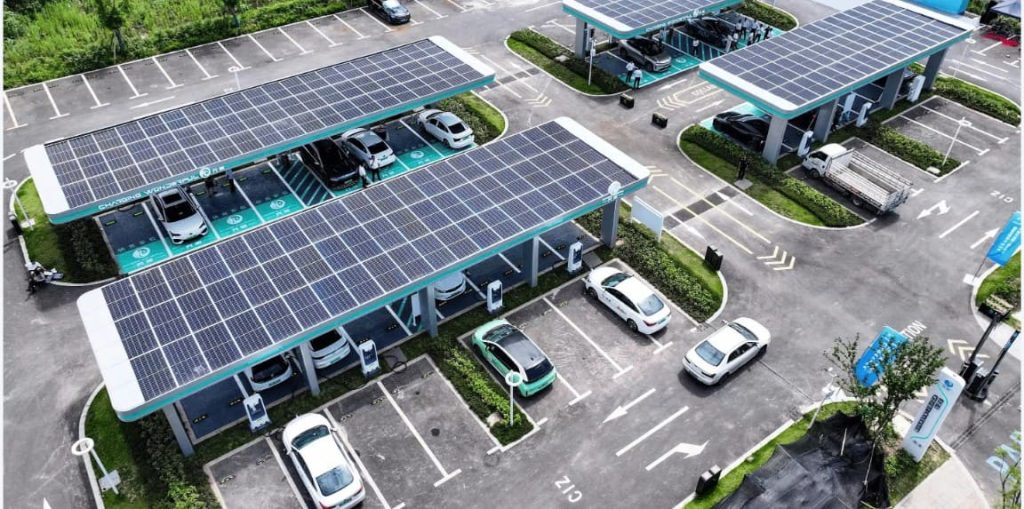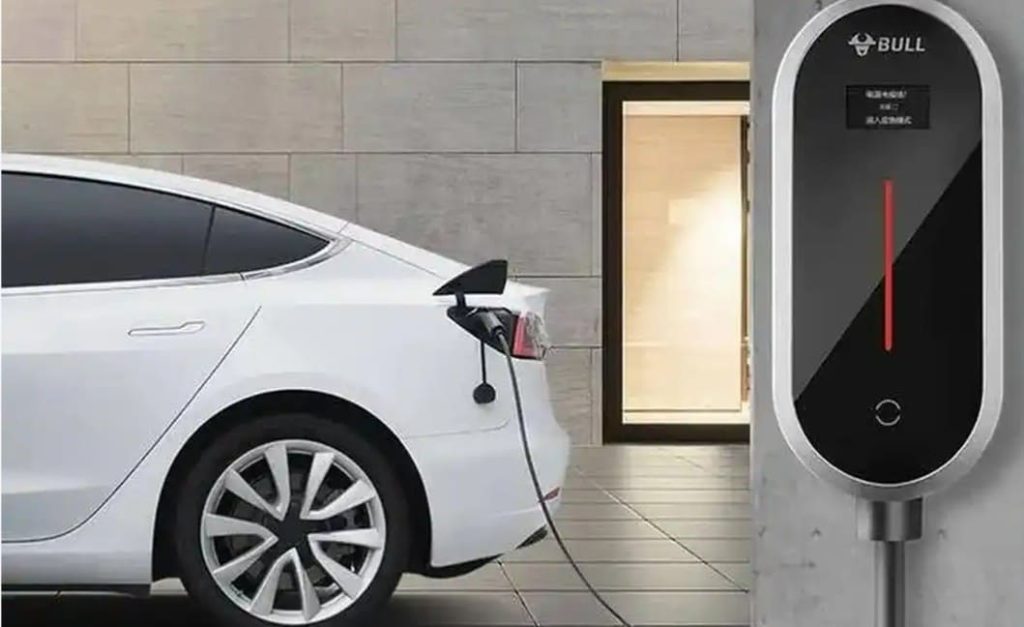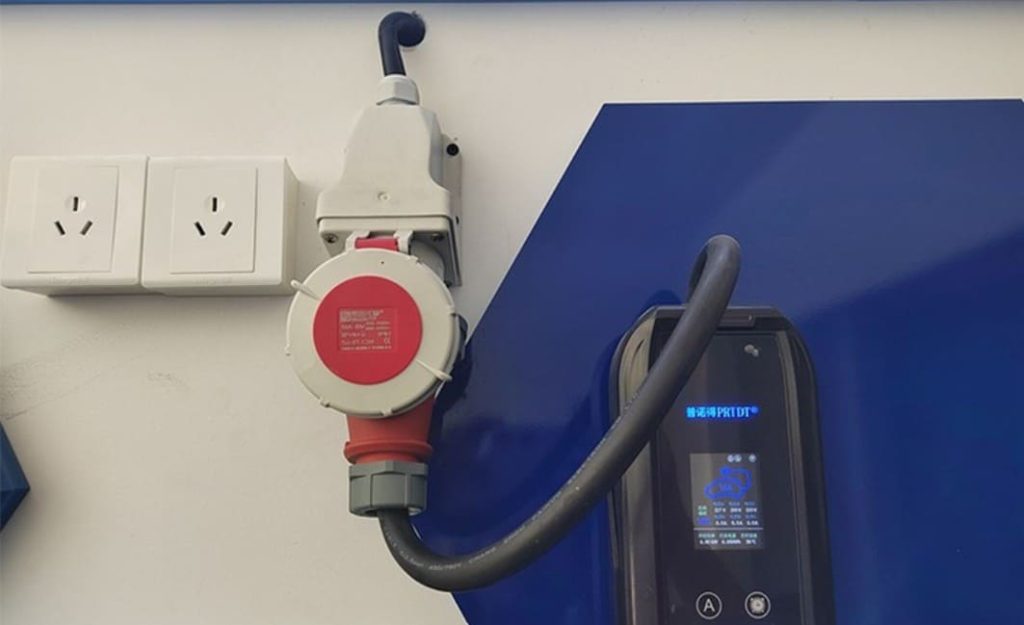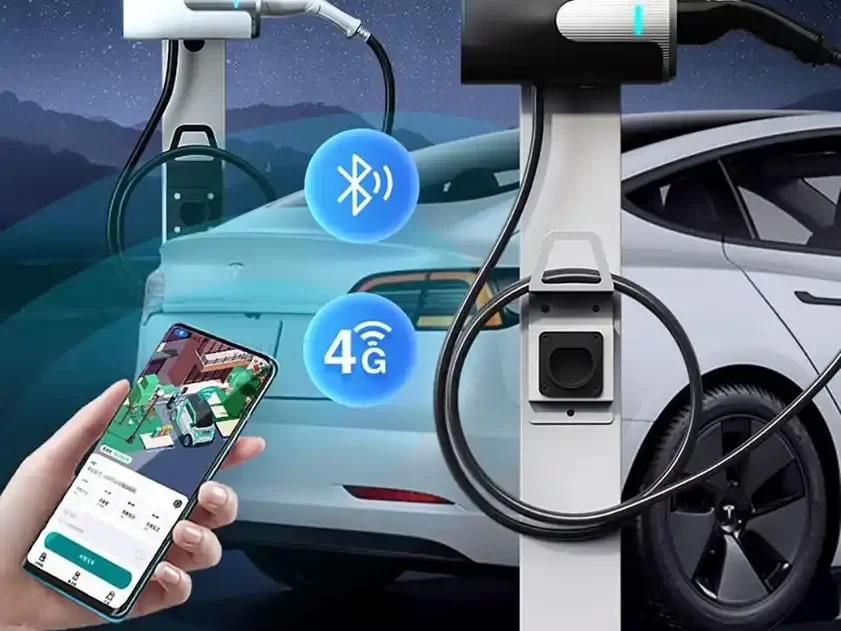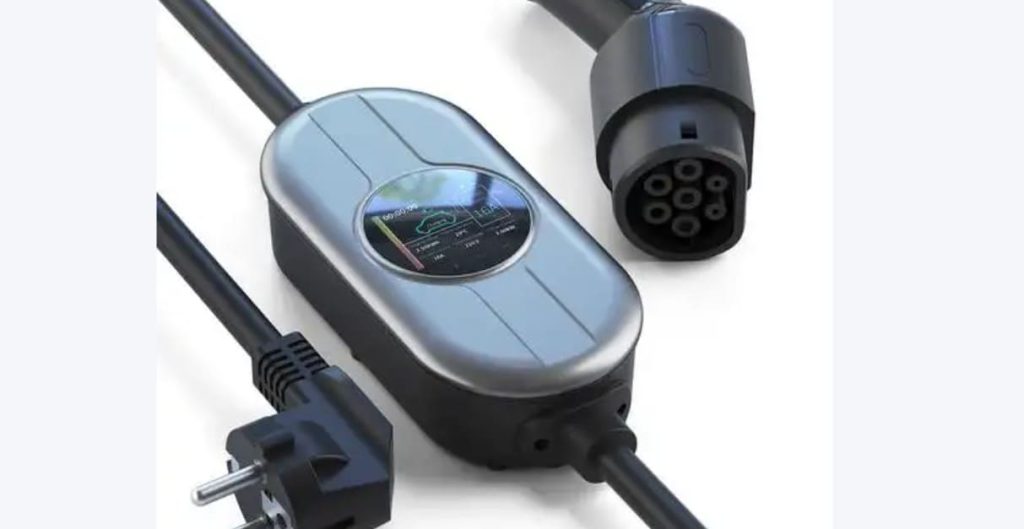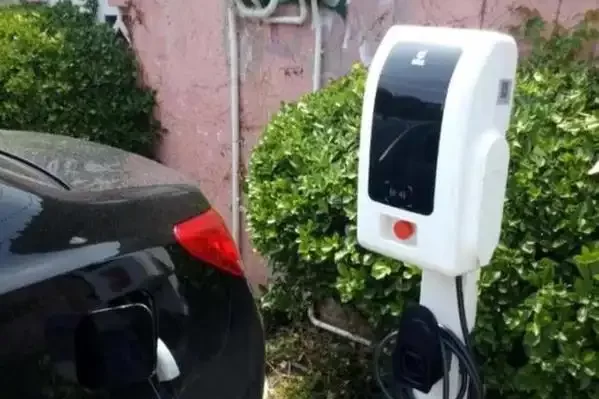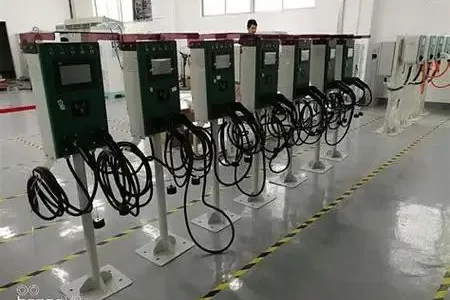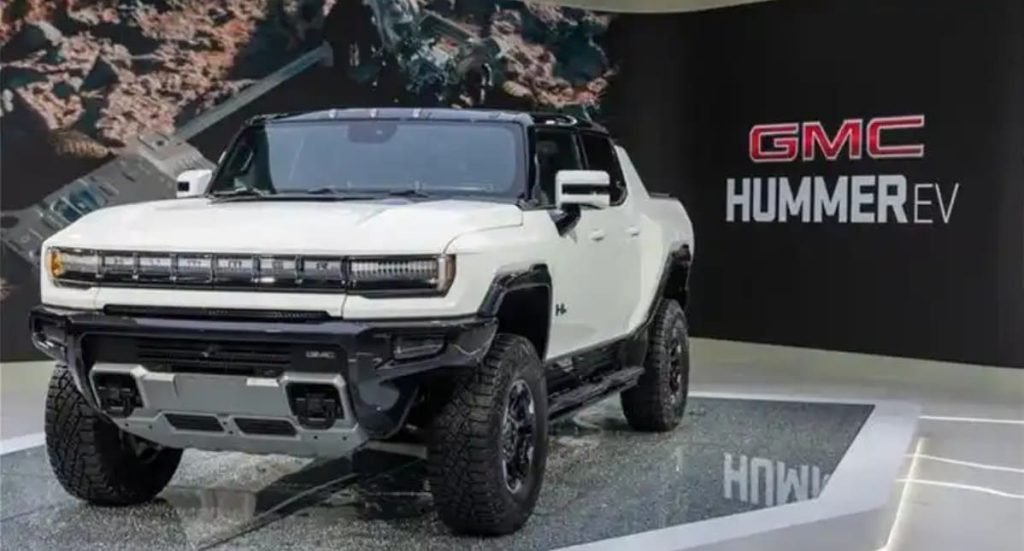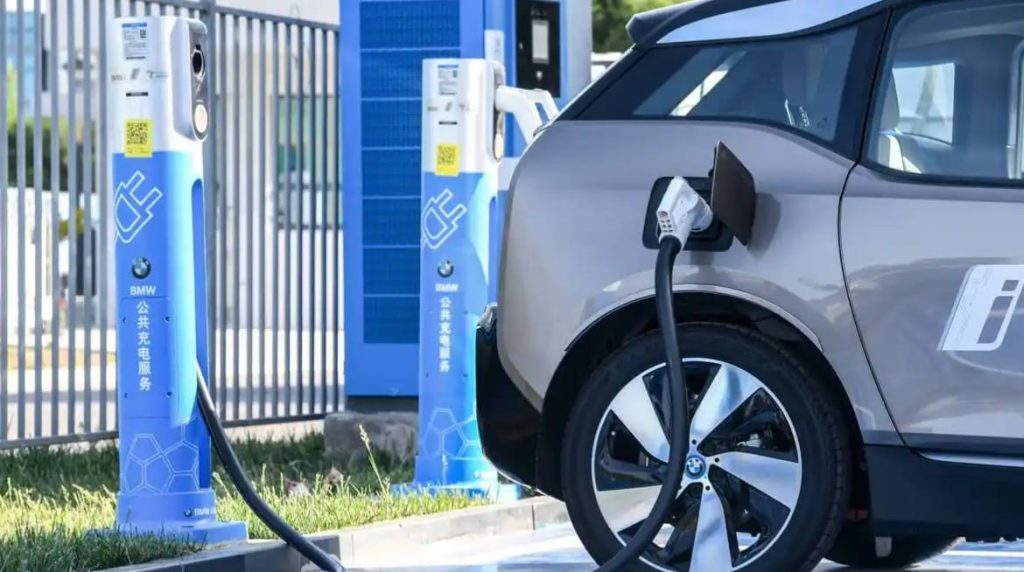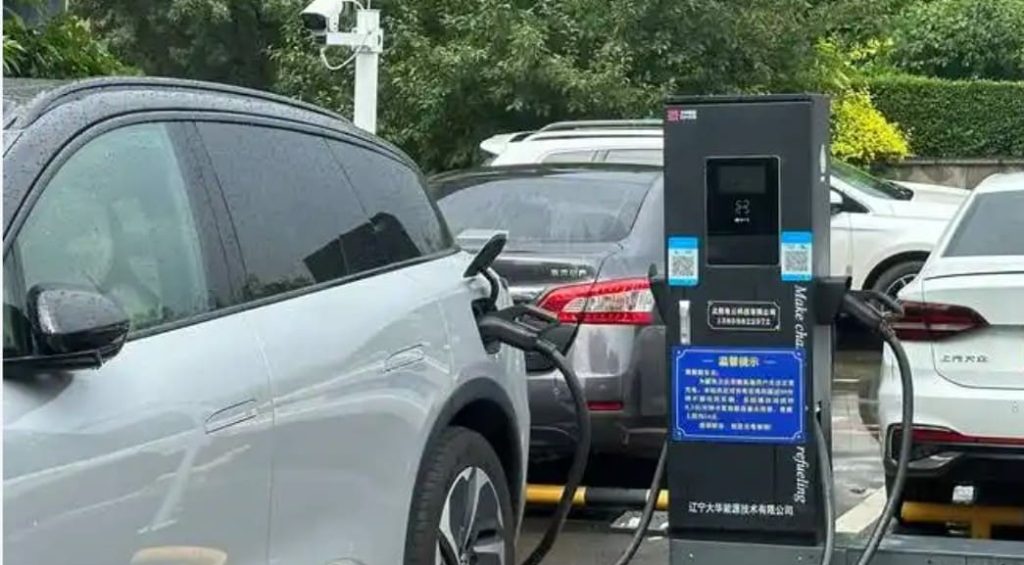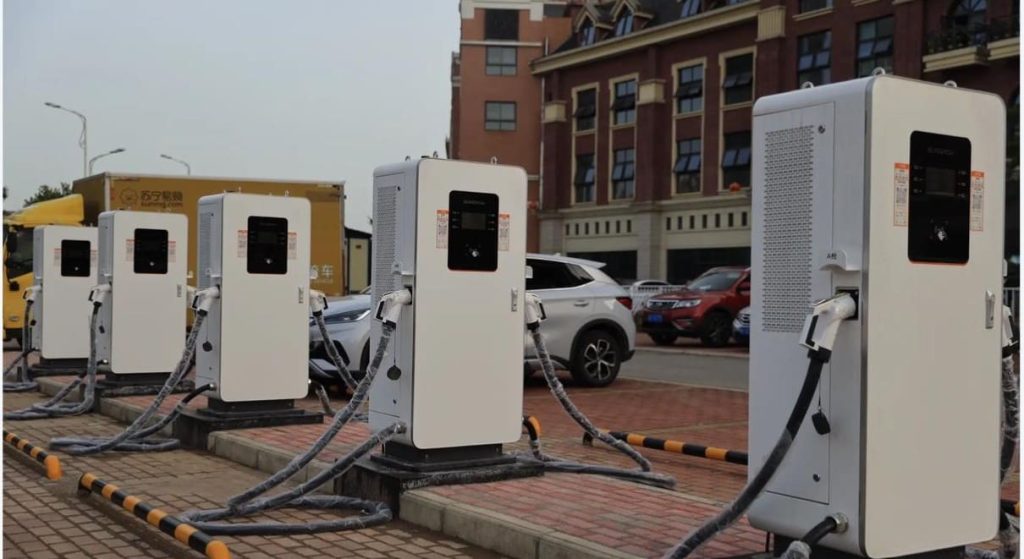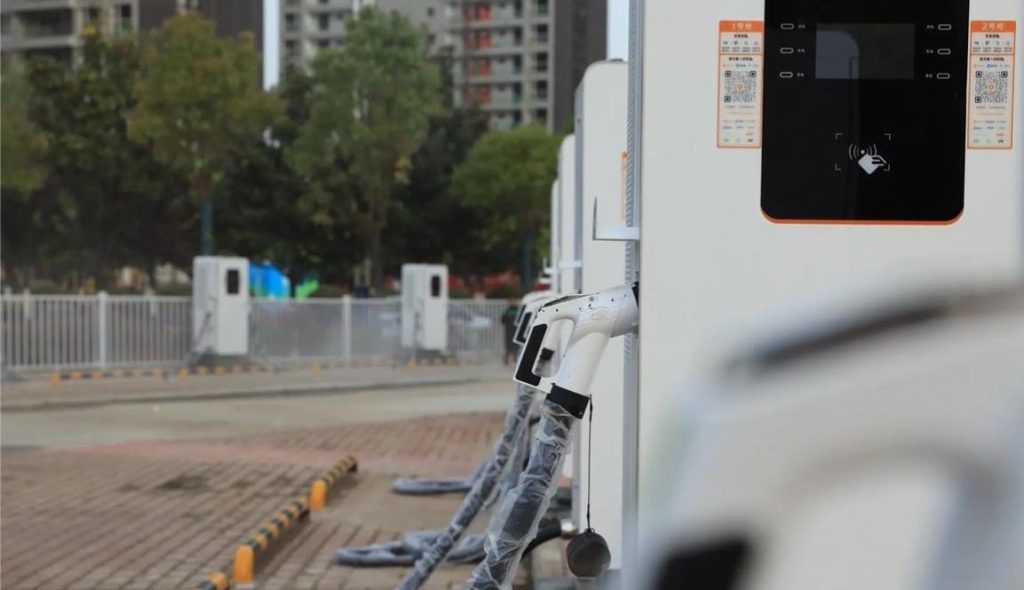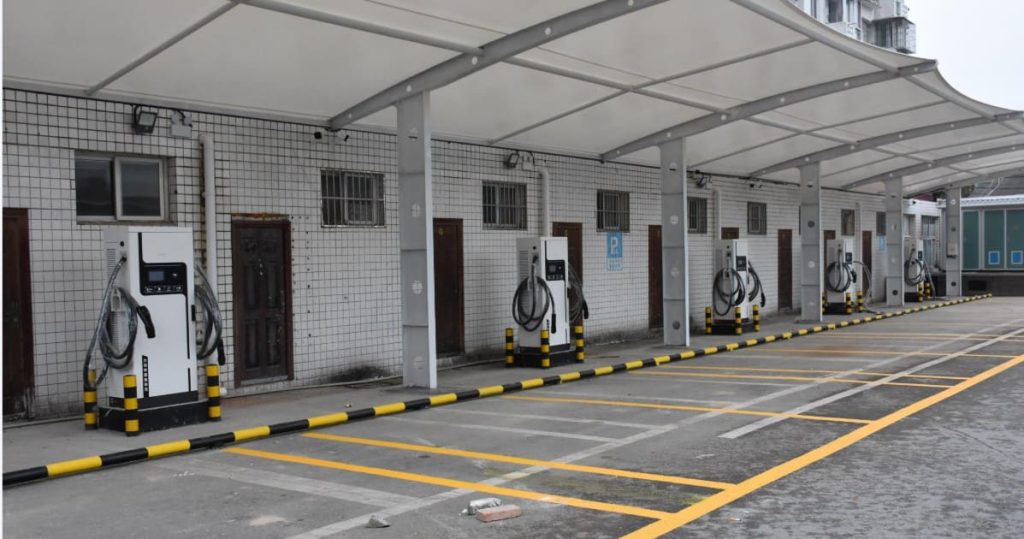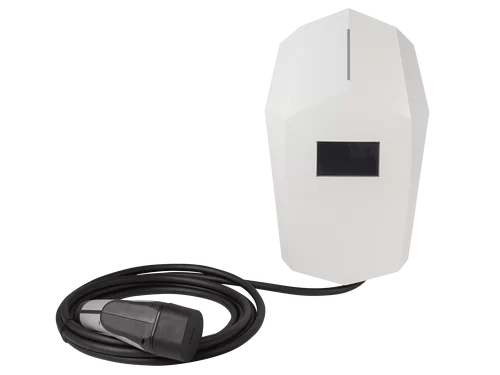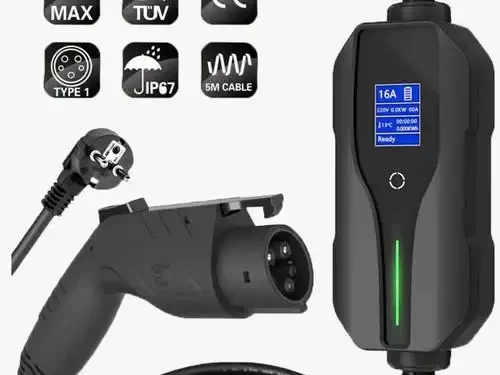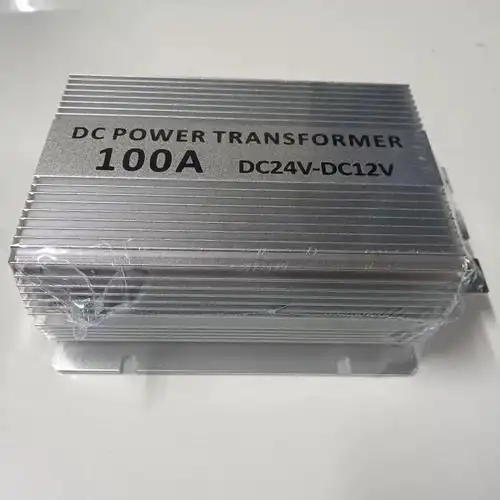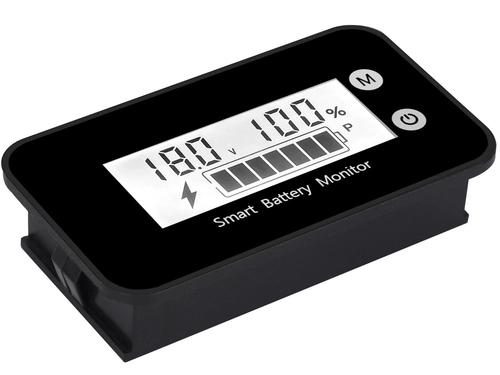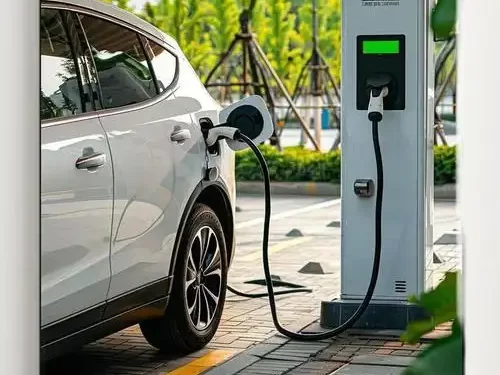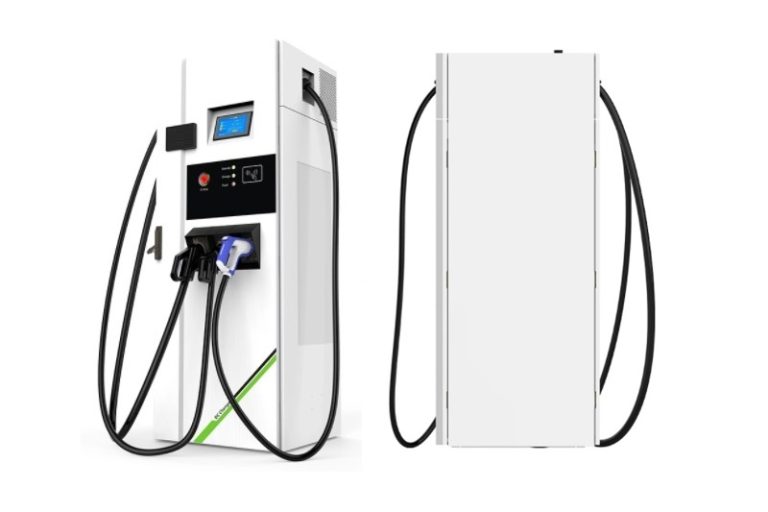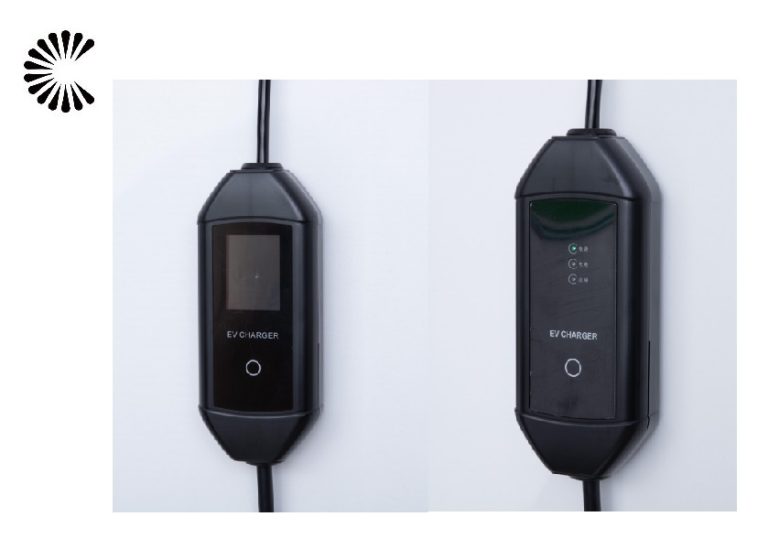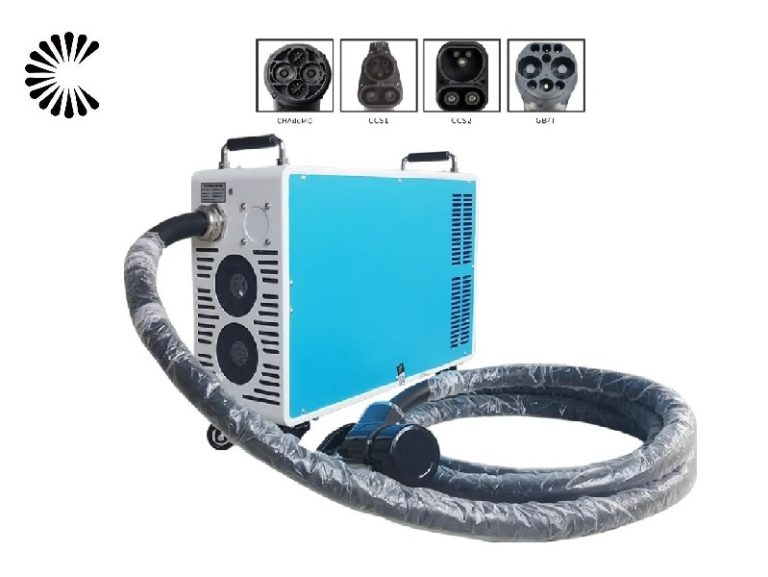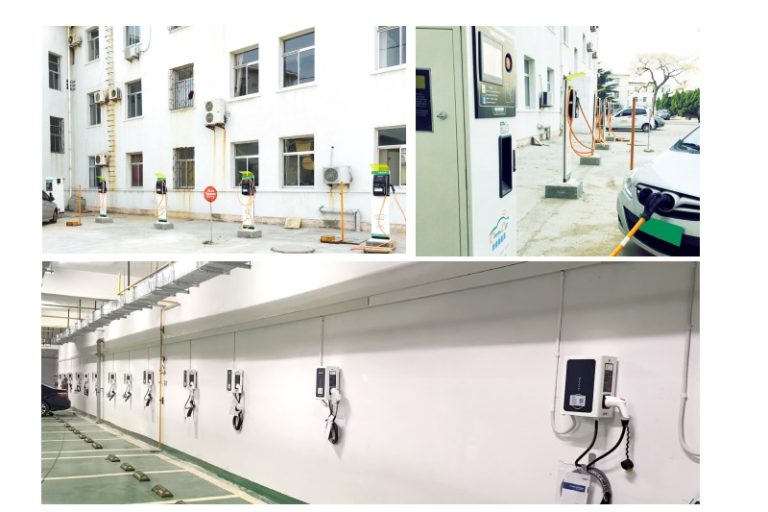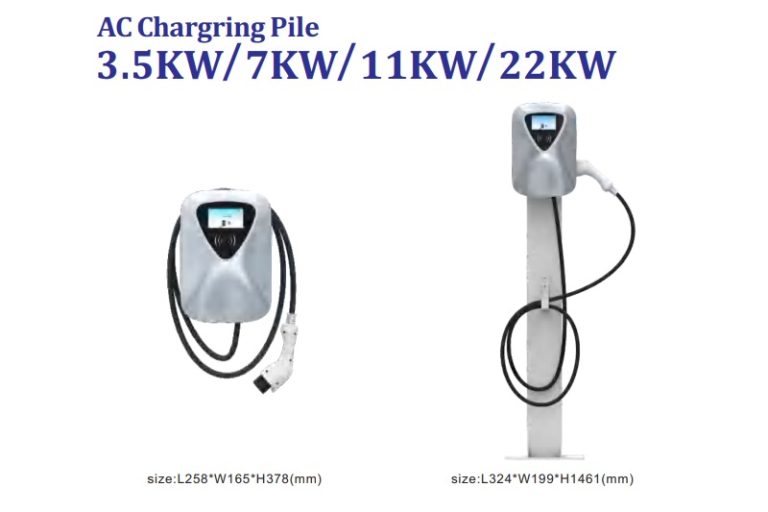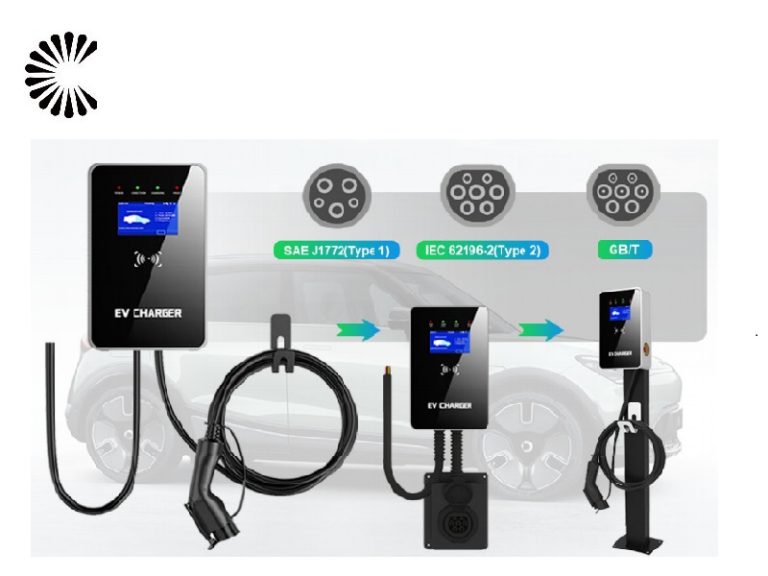63A EV Charger AC 400V Ethernet/4G/3G OCPP 1.6 Json CE
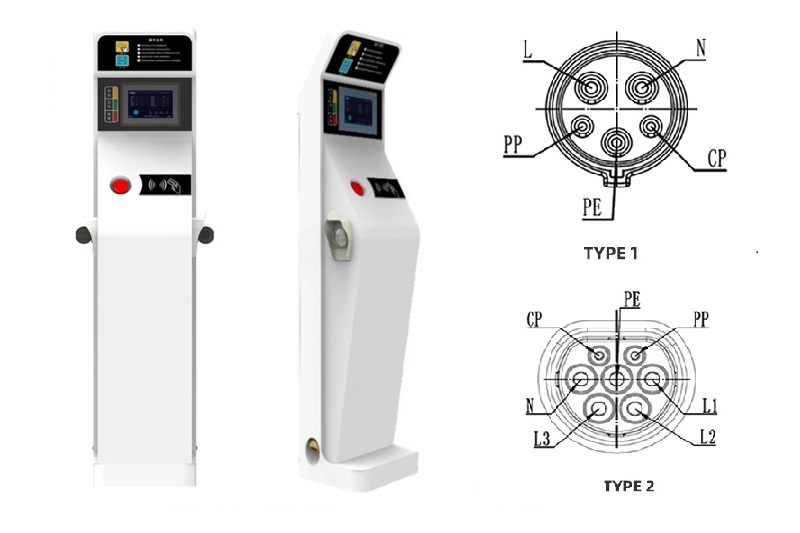
Highway gas, sevice station, Parking garage, commercial operators, EV infrastructure operations and service providers, EV dealer workshops
AC EV Charger
- EV Charger Type: Slow EV Charger
- Input Rating: 400 VAC ± 15% 3 phase
- External: Ethernet/4G/3G
- Dimension (WxDxH mm): 386*339*1740
- Sample Price: US$ 1600/SET
- MP Price: US $1,589-1,984 / set |1 set (Min. Order)
Pictures

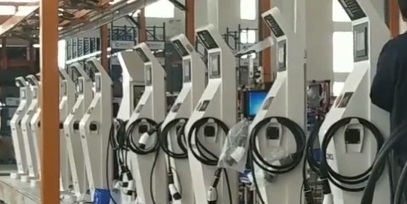
Parameters & Configurations:
63A Floor Mounted AC EV Charger is widly used in many enviorment, it is a slow charger and well used as business charging pile and charging stations in many countries.
Certification:
CE Certification.
60KW EV Charger Parameters ( AC Input, User Interface &control, communication, environmental, mechanical, protection, regulation)
| EV Charger Type | Slow Charger |
| Product Model NO. | CS-HK-AC63F |
| Input Rating | 400 VAC ± 15% 3 phase |
| AC Input Connection | 3P +N + PE |
| Max. Input Current (A) | 63 |
| Frequency (Hz) | 45~65 |
| Residual Current Device (Type B Optional) | Type A: 30ma, Type B: 30ma+DC 6 MA Manual recovery after protection triggers |
| Display | 7 inch touch screen |
| User Authentication | RFID ISO14443A/B |
| Display information Charging | Current/Energy |
| External | Ethernet/4G/3G |
| Internal | OCPP 1.6 Json |
| Operating Temperature (°C) | -30~+50 |
| Humidity (%) | 5~95RH, non-condensing |
| Altitude (m) | ≤2500m |
| IP Level | IP54 |
| Cooling Method | Natural cooling |
| Dimension (WxDxH mm) | 386*339*1740 |
| Weight(kg) | 60 |
| Cable Length(m) | 5 |
| Input Protection | OVP>460V/ UVP<340V |
| Onput Protection | OVP>460V/ UVP<340V |
| Ground Fault Protection | Lost Input ground protection |
| Certificate | IEC 61851-1:2017 IEC 61851-21-2 |
| Safety | CE |
| Charging Interface | IEC 62196-2:2016 Type 2 Plug, Type 2 Socket |
Feature
- This model is an Ideal choices for residential, community, and commercial AC EV charger;
- Input: 400Vac±15% 3 phase;
- It has stylish,ergonomic and customizable design;
- With IP54 rated for indoor/outdoor environments;
- Firmware updates through remote connection;
- The system of optional wired/wireless connection for back office management;
- The system of optional RFID card reader for user identification and management
- With Charging interface: IEC 62196-2(Type 2)
Application

They are suitable for occasions such as city special charging stations that provide charging for
bus, taxi, public service vehicles, sanitation vehicles,logistics vehicles, etc.; city public charging
stations that provide charging for private cars, commuter, bus; intercity highway charging
stations and other occasions that need special DC fast charging. Highway gas, sevice station, Parking garage, commercial operators, EV infrastructure operations and service providers, EV dealer workshops.
Here we list down some of application scenarios:
1. Business organizations: Supermarket, Shopping mall, Hotel, Restaurant, Pharmacy
2.Non-profit organizations: Airport, Railway / bus station, Exhibition, Museum, Hospital, School, Convention center, Lottery station, Government affairs center
3.Financial organizations: Bank, Insurance company, Foundation, Security company
4.Entertainments: Movie theater, Club, Bar, Salon, Gambling house
Suitable for Car Brands:
Almost all the electric car, minibus, bus, van vehicles are suitable. Please contact with our sales team to confirm the right models.
KINGSTAR EV YUTONG EV BYD EV GEELY EV BENZ EV ZXAUTO DONGFENG MOTOR






Transportation
In the course of transportation, the charger should be packed firmly and intact in
a solid wooden packing box, and the direction of loading and unloading should be marked.
The charger should not be stored and transported upside down. In the course of
transportation, corresponding tightening measures should be taken to avoid strong
vibration and bump damage to the outer packaging of equipment. After arrival of the
goods, user should check whether there is any damage. If there is any transport damage,
user should consult with the transport party or our company to solve it. Check whether
the contents in the box are in conformity with the packing list immediately after
opening the box.
The packaged equipment should be stored in the room where the relative humidity is
less than 80% and the ambient air temperature is -20℃ to +55℃. Storage places should
be dry, clean and airy, and can prevent the invasion of harmful gases. It is strictly
forbidden to store corrosive articles in the same place.
Note: It is strictly forbidden for non-professionals to disassemble equipment
components.

Certification

Our Factory have certifications such as CE ISO Certifications. TUV /UL /CE Certificated for Overseas on cable and wire.
Why choose us
- Decades of Experiences: As a Chinese academy of sciences park high-tech enterprise and manufactory, our factory establised since 2002, with over 10 years factory development, our factory became famous brand in China. We believe new energy is the future, better to environment and more economical to our life. We are an integrated hi -tech electronic company. “Passion, Honesty, Sound service, Keen cooperation and Development” are our goals. We are here expecting friends all over the world!
- Various Charging Products: Full range of charging products as well as charger accessories. Provide full support to customer after-sale services. Most of the model of produts are able to be customized.
- For all the products that we shipped have 1 year warranty period as well as life time spare parts and accessories with competitive price .
- Accept customized OEM ODM products.
- Experienced foreign trade team to handle the shipment and after-sale services.
- Efficient and fast supply chain.
Maintenance
- Charger body is easy to be fixed with anchor bolts to prevent it from inclining
and dithering due to external and human factors. - Shading and rainproof measures should be taken for chargers. It is suggested
to install shelters outdoors. - Check regularly whether all bolts in chargers are tightened, whether the connecting wires are loosened or not, or the connection is not firm, etc.
- Check for short circuit.
- Check whether the emergency stop button is available.
- Attention should be paid to lightning protection to ensure effective shielding
and reliable grounding of chargers. - When in use, the output voltage and current of the charger should be controlled within the nominal range to ensure that the charger works in the state of maximum efficiency.
- When the charger stops using, the charging output should be stopped first, then the cable should be wrapped and put back in place.
Note: During the transportation, the chargers should be packed firmly and the
direction of loading and unloading should be marked. It is forbidden to store and
transport chargers upside down. Corresponding tightening measures should be taken
to avoid strong vibration and turbulence damage to the outer packaging of equipment.
Factory Introduction
Our factory is a national high-tech enterprise as well as tech little giant enterprise of Hubei
Province, which is specialized in R&D production, marketing of smart charging stations, as well
as the overall charging system solutions. The industrial Park has covered an area of 56,000m2.
The company has nearly 150 employees,30% of which are core R&D staff.
Factory has created a complete industrial chain and covered all the four international charging
standards as GB/T, CCS2, CCS1 as well as CHAdeMO. Products covered three series of Ac DC
and super charging systems. Its brand EV chargers have already been applied to more than200
cities in China and over 27 countries and regions around the world. By virtue of over 20 years
R&D experiences of electronic power control technology, the company has developed multiple
independent intellectual property rights of core technologies such as the whole charger design,
charging control system, billing and metering system, remote monitoring and management
platform and mobile terminal charging service, which help it accumulated enriched experience in R &D and manufacturing fields.
| Certificate: | CE RoHS FCC Certificate | Warranty: | 12 Months |
| Input Voltage: | 110V-380V | Output Voltage: | 0-750V |
| Working Temperature: | -25℃-55℃ | Application: | Home Use/Commercial Use |
| OEM Service: | Color,Logo,Package, cable length, cable color | Supply Ability : | 4000 Piece/Pieces per Week |
| Packaging & Delivery: | Shanghai Port | Capacity | 4000 Piece/Pieces per Week |
| Lead Time: | Quantity(units) 1 – 5 5 working days | Factory Type | Supplier |
| Country / Region | China/Gungdong | Main Products | EV Charging Station, EV Charging Cable, EV Charging Connector |
| Factory employees | Over 100 people | Total Annual Revenue | Above US$100 Million |
| Main Markets | Europe South America | Connection: | type 1 or 2 plug |
| Mass production price | Negotiable | Charger Capacity | 3.5kw~480kw |
| Current | DC/AC | Plug type | Type 1,2,CHAdemo/CCS-2/CCS-1 |

63A EV Charger Wholesale Manufacturer In China
63A EV Charger is suitable for both home and commercial outdoor use. We are wholesale manufacturer for 32A EV Charger, Once you have selected the right models, place your wholesale order for the 32A EV chargers.
Related Products
Related Articles
Contact Us
Frequently Asked Questions (See More FAQ)
-
Are you a factory or trading company?
We are a professional manufacturer of new and sustainable energy applications for over 20 years.
-
What is the warranty?
Warranty period is 12 months. In this period, we will supply technical support and replace the new parts by free,customers are in charge of delivery.
-
What is the packing method?
Generally, we pack our goods in brown cartons. If you have legally registered patent, we can pack the goods in your branded boxes after getting your authorization letters.
-
What is your terms of payment?
T/T 50% as deposit, and 50% before delivery. We’ll show you the photos of the products and packages before you pay the balance.
-
What is your terms of trade?
EXW, FOB, CFR, CIF, DAP,DDU,DDP
-
How about your delivery time?
Generally, it will take 3 to 7 working days after receiving your advance payment. The specific delivery time depends on the items and the quantity of your order.
-
Can you produce according to the samples?
Yes, we can produce by your samples or technical drawings. We can build the molds and fixtures.
-
What is your sample policy?
We can supply the sample if we have ready parts in stock, but the customers have to pay the sample cost and the courier cost.
-
Do you test all your goods before delivery?
Yes, we have 100% test before delivery.
-
How fast does a 32 amp EV charger charge?
The charging speed of a 32 amp EV charger depends on the battery capacity of the electric vehicle (EV) you are charging. To calculate the charging rate, you can use the formula:
Charging Speed (in kilowatts) = Voltage (in volts) x Current (in amperes)
Most electric vehicles have a battery voltage of around 400 volts. So, for a 32 amp EV charger:
Charging Speed = 400 volts x 32 amperes = 12,800 watts or 12.8 kilowatts
Keep in mind that this is the theoretical maximum charging rate. In practice, charging speeds can vary due to factors like battery temperature, battery state of charge, and other charging protocols.
As an example, let’s consider a hypothetical EV with a battery capacity of 60 kilowatt-hours (kWh). To estimate the charging time, you can use the following formula:
Charging Time (in hours) = Battery Capacity (in kWh) / Charging Speed (in kilowatts)
Using the values we calculated earlier:
Charging Time = 60 kWh / 12.8 kW ≈ 4.69 hours
So, with a 32 amp EV charger, it would take approximately 4.69 hours to charge the hypothetical EV from 0% to 100%.
Keep in mind that different EV models may have different charging efficiencies and charging speeds may vary slightly in practice. Nonetheless, a 32 amp EV charger provides a faster charging rate compared to lower amp chargers, helping you reduce the time spent charging your electric vehicle. -
Can I charge my EV with a 30 amp?
Yes, you can charge your electric vehicle (EV) with a 30 amp charger. Many EVs are designed to be compatible with a range of charging capacities, including 30 amp chargers.
The charging capacity of an EV charger is usually indicated in amperes (amps). A 30 amp charger provides a charging speed that is slightly slower than a 32 amp charger, but it is still capable of efficiently charging your electric vehicle.
When using a 30 amp charger, the charging speed will depend on your EV’s battery capacity and the specific charger you are using. As long as your EV is compatible with the 30 amp charger, you can safely and effectively charge your vehicle.
It’s essential to check your EV’s manual or manufacturer’s guidelines to ensure that it can handle a 30 amp charging rate. Additionally, make sure that the electrical circuit you are using to power the charger is appropriately rated for 30 amps to ensure safe and reliable charging.
Using a 30 amp charger is a convenient and viable option for charging your electric vehicle, and it provides a good balance between charging speed and electrical capacity. -
What cable for 32 amp EV charger?
For a 32 amp EV charger, you will need a suitable charging cable that can handle the higher amperage safely and effectively. The most common type of cable used for 32 amp charging is a Type 2 cable.
Type 2 cables, also known as Mennekes connectors, are widely used in Europe and many other regions for electric vehicle charging. They are designed to handle higher amperage levels, making them suitable for charging stations with a 32 amp capacity. These cables have a robust construction and are designed to ensure a secure connection between the EV and the charging station.
When purchasing a Type 2 cable for your 32 amp EV charger, it’s important to ensure that the cable is rated for the correct amperage and that it is compatible with your specific electric vehicle. Some EVs might require specific charging cable configurations, so it’s best to check your vehicle’s manual or contact the manufacturer for guidance.
Additionally, consider the cable length, as it can vary depending on your charging setup and parking location. Opt for a cable length that allows you to comfortably connect your EV to the charging station without unnecessary tension or strain on the cable.
Using the right Type 2 cable for your 32 amp EV charger ensures a safe and efficient charging experience, making sure your electric vehicle stays charged and ready for your journeys. -
How many kW is a 32A charger?
To calculate the kilowatt (kW) rating of a charger, you can use the following formula:
Charging Speed (in kilowatts) = Voltage (in volts) x Current (in amperes)
For a 32 amp charger, the charging speed would depend on the voltage used by the charger or your electric vehicle (EV). In most cases, EV chargers use a voltage of around 400 volts, which is common for many electric vehicles.
Using 400 volts as the voltage:
Charging Speed = 400 volts x 32 amperes = 12,800 watts or 12.8 kilowatts
So, a 32 amp charger has a rating of approximately 12.8 kilowatts, assuming it operates at 400 volts.
This means that the charger can deliver up to 12.8 kilowatts of power to your electric vehicle, allowing for relatively fast charging compared to lower amp chargers. However, the actual charging speed may vary depending on your EV’s battery capacity, state of charge, and other factors that can affect the charging process. -
How many kW is A 30 amp EV charger?
To calculate the kilowatt (kW) rating of a 30 amp EV charger, we will again use the formula:
Charging Speed (in kilowatts) = Voltage (in volts) x Current (in amperes)
For most electric vehicle (EV) chargers, the voltage used is around 400 volts, which is common for many EVs.
Using 400 volts as the voltage:
Charging Speed = 400 volts x 30 amperes = 12,000 watts or 12 kilowatts
So, a 30 amp EV charger has a rating of approximately 12 kilowatts, assuming it operates at 400 volts.
This means that the 30 amp charger can deliver up to 12 kilowatts of power to your electric vehicle, allowing for relatively fast charging compared to lower amp chargers. However, as with any charger, the actual charging speed may vary depending on your EV’s battery capacity, state of charge, and other factors affecting the charging process. -
Can you use A 30 amp to charge A Tesla?
Yes, you can use a 30 amp charger to charge a Tesla, but it will depend on the specific Tesla model and its charging capabilities.
Tesla electric vehicles typically come with an onboard charger that can handle different charging rates. Most Tesla models come with a built-in charger that can handle higher amperage levels, including 30 amps. However, some older Tesla models may have a lower charging capacity.
Newer Tesla models, such as the Model S, Model 3, Model X, and Model Y, are equipped with chargers that can handle higher amperage levels, making them compatible with 30 amp chargers. These models are designed to take advantage of faster charging speeds to reduce charging times.
If you have a Tesla vehicle with a higher-capacity charger, using a 30 amp charger can efficiently charge your vehicle, though the charging speed may not be as fast as using a higher amp charger.
However, it’s essential to check your Tesla vehicle’s manual or consult with Tesla’s official documentation to confirm the specific charging capabilities and requirements for your particular model. This way, you can ensure that you are using the correct charger and getting the most efficient and reliable charging experience for your Tesla.
